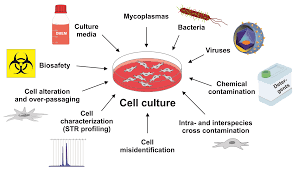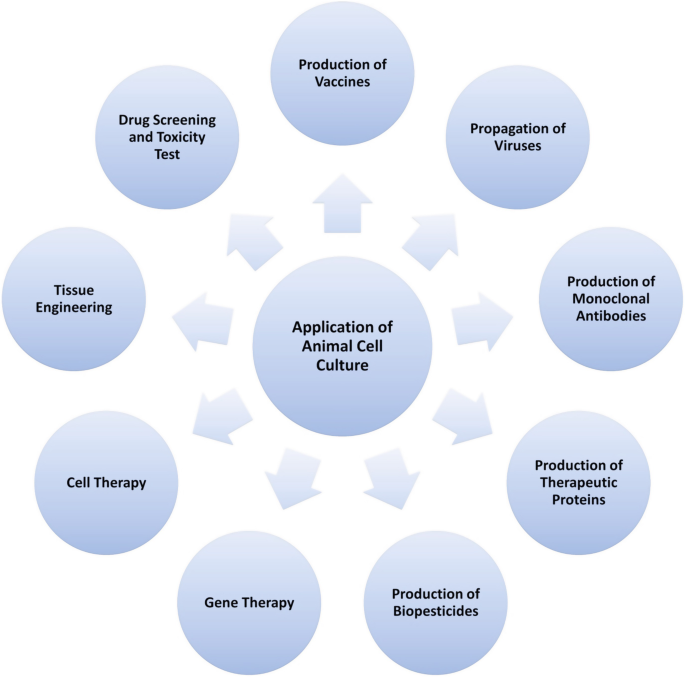Cell Culture: A Foundational Tool for Biological Research
Cell culture, the practice of growing cells from multicellular organisms under controlled laboratory conditions, has become a cornerstone of biological research. This technique allows scientists to isolate, study, and manipulate specific cell populations, providing invaluable insights into cellular function, disease mechanisms, and drug development.
The Fundamentals of Cell Culture
There are two primary types of cell cultures employed in research:
- Primary Cell Cultures: These cultures are derived directly from tissues and retain many of the physiological characteristics of their origin. However, they have a finite lifespan and can undergo changes in gene expression and phenotype with extended culturing.
- Cell Lines: These are immortalized cells that can divide indefinitely under appropriate conditions. Cell lines are often derived from tumors or genetically engineered to possess specific properties, making them a consistent and readily available resource for research.

The success of cell culture hinges on providing a controlled environment that mimics the cells' natural in vivo state. This includes maintaining factors such as:
- Nutrient Medium: A specialized growth medium containing essential nutrients, hormones, and growth factors sustains cell viability and proliferation.
-
- Temperature and CO2: Physiological temperature (typically 37°C) and a controlled CO2 level (around 5%) are crucial for maintaining cellular function.
-
- Aseptic Technique: Strict adherence to sterile procedures is paramount to prevent contamination by microorganisms, which can compromise the culture and invalidate experimental results.
Applications of Cell Culture
Cell culture serves a multitude of purposes in biological research, including:
- Understanding Cellular Processes: By studying cultured cells, researchers can investigate fundamental cellular mechanisms such as cell division, differentiation, and signaling pathways.
- Modeling Diseases: Cell lines derived from diseased tissues can be used to model disease states and test potential therapeutic interventions. For example, cancer cell lines serve as a platform for developing new anti-cancer drugs.
- Drug Discovery and Development: Cell cultures are essential tools in drug discovery pipelines. Candidate drugs can be screened for their effects on cultured cells to assess their efficacy and potential toxicity.
- Vaccine Production: Certain viruses used in vaccines are propagated in large quantities using cell cultures. This allows for the safe and efficient production of vaccines for various infectious diseases.

The Future of Cell Culture
Cell culture techniques are constantly evolving, with researchers striving to create more physiologically relevant models. The development of 3D cell culture systems that better mimic the complex architecture of tissues holds great promise for advancing our understanding of cell-cell interactions and disease progression. 
In conclusion, cell culture remains an indispensable tool for biological research, enabling scientists to unlock the secrets of cellular function and develop novel therapies for a wide range of diseases.